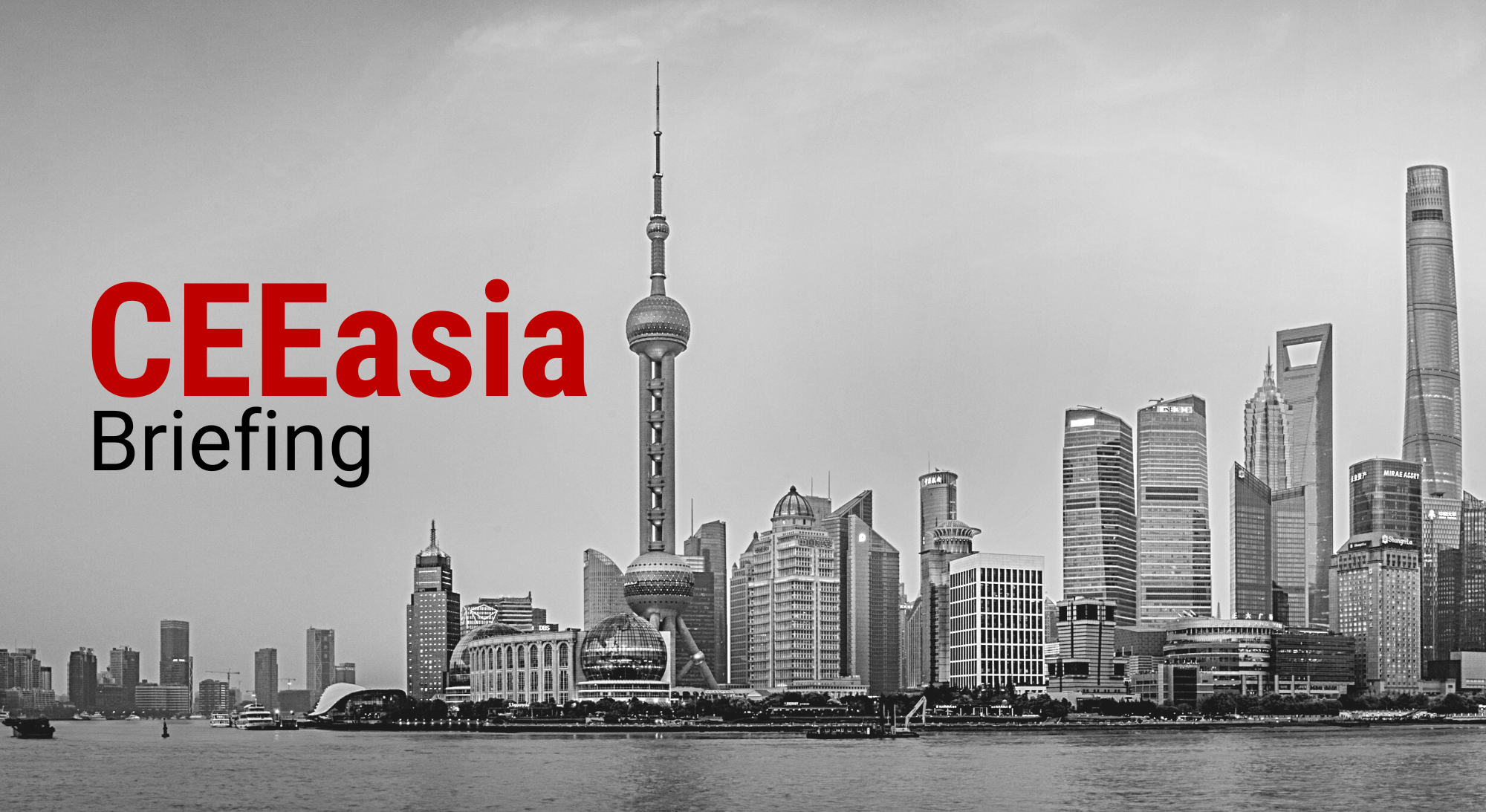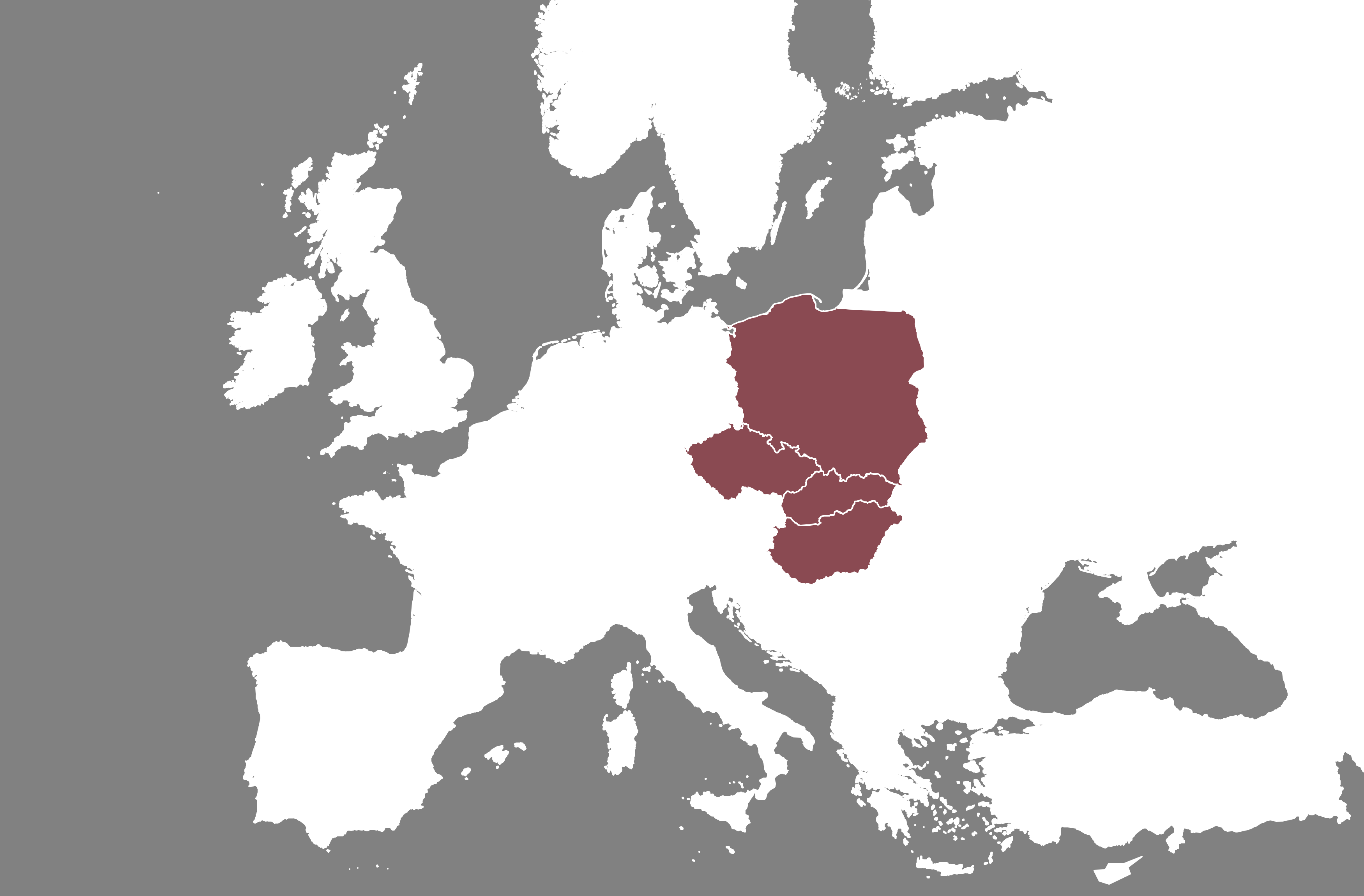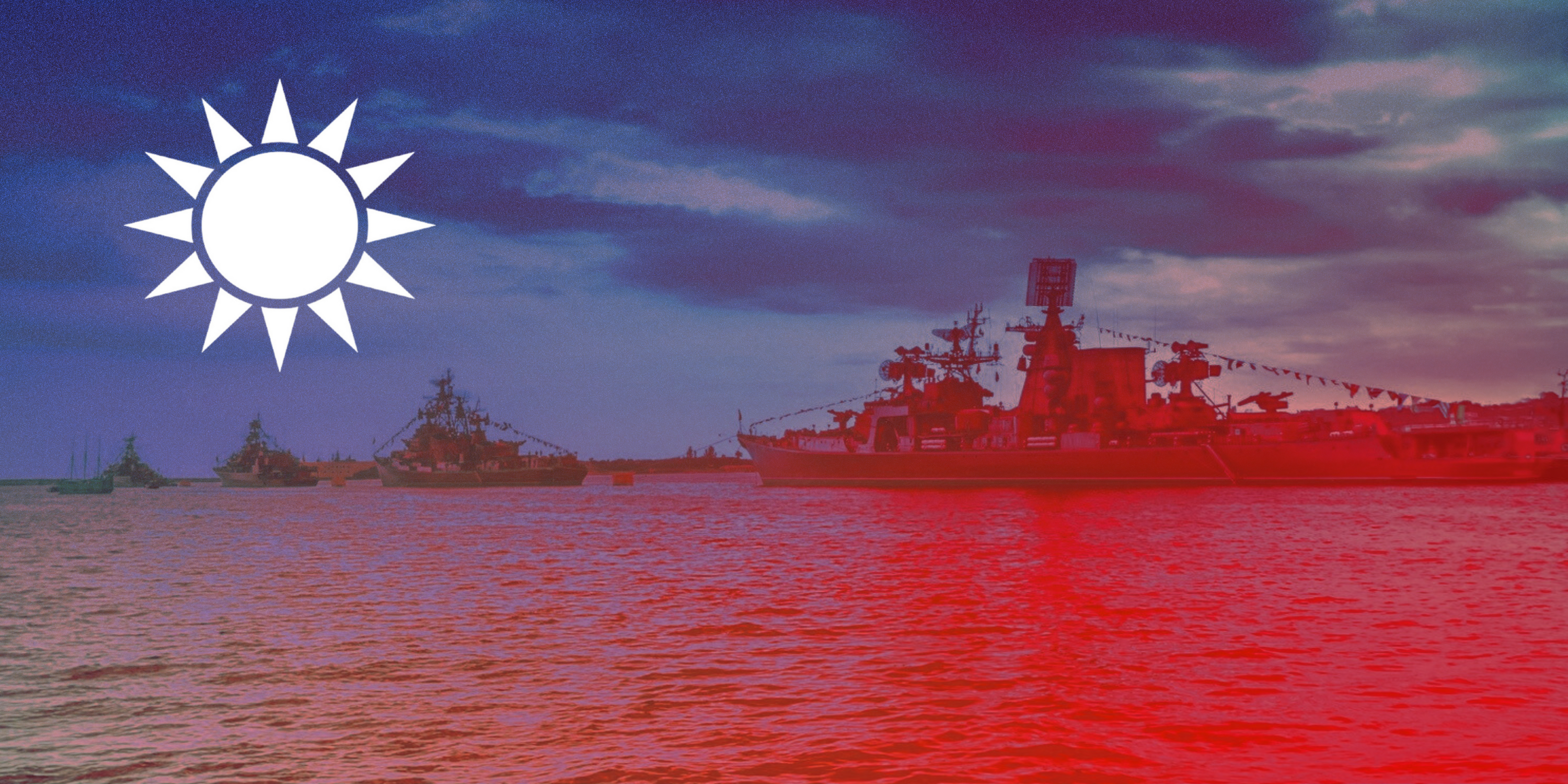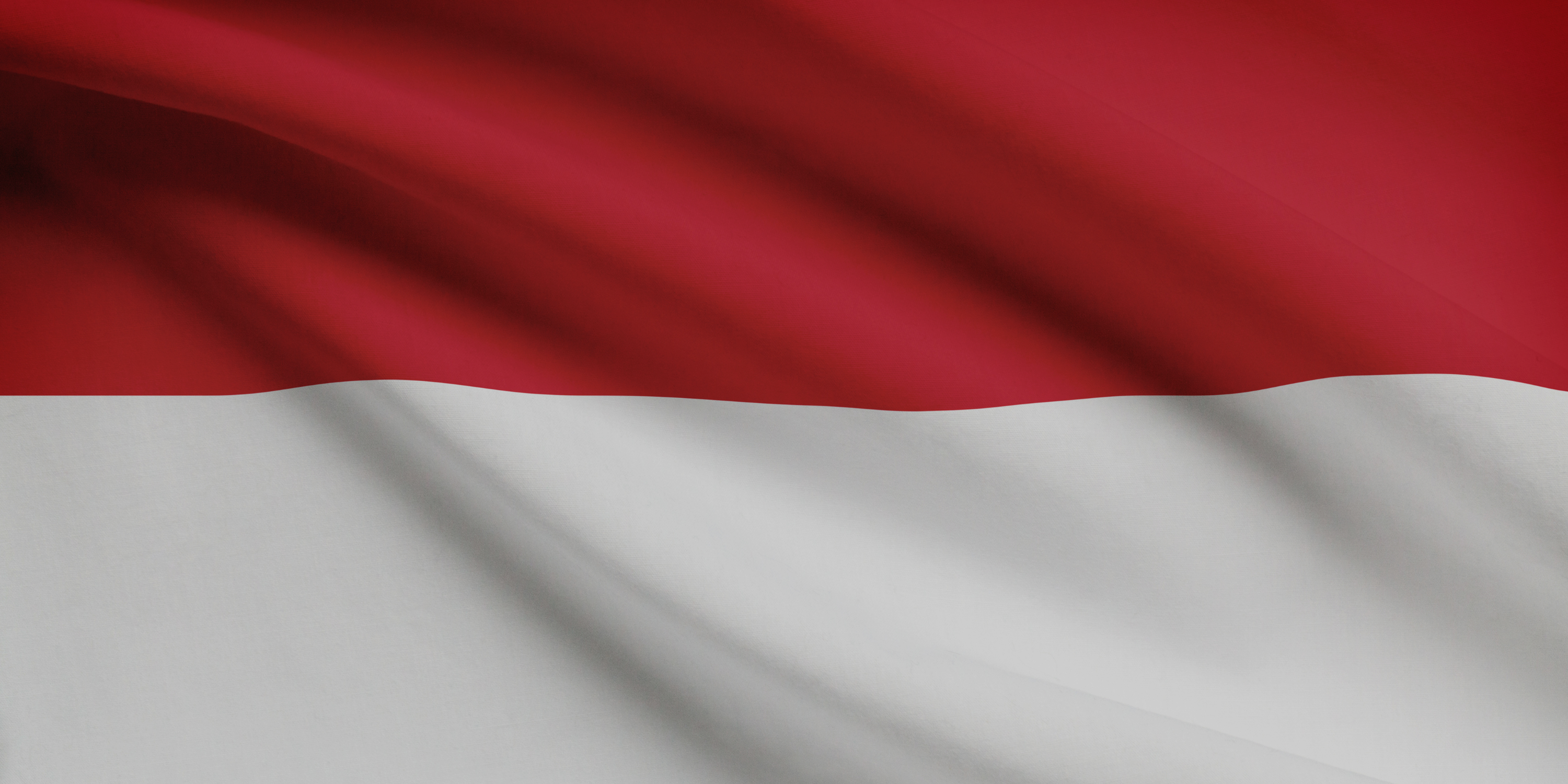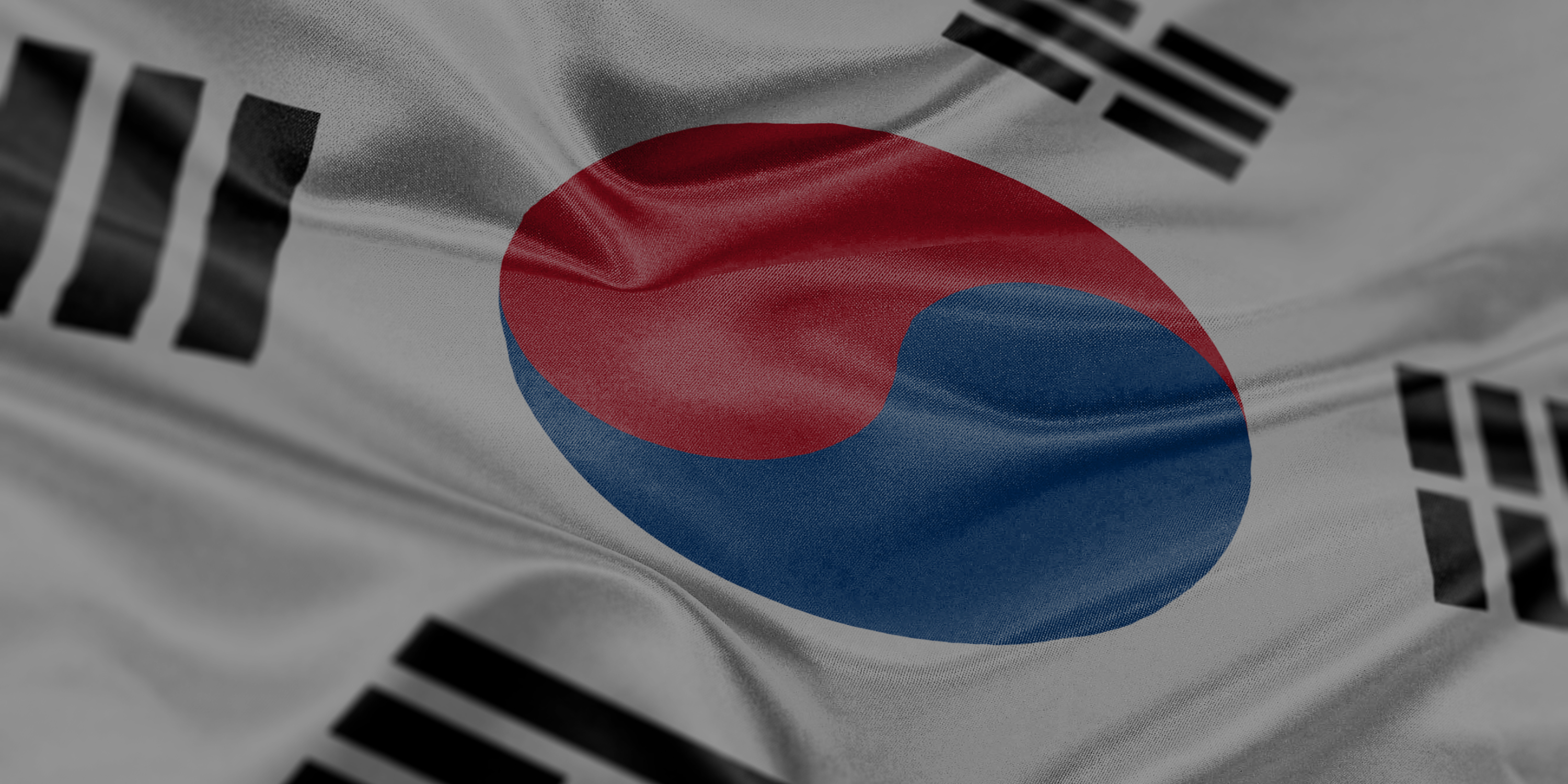Welcome to the 37th issue of the #CEEasia Briefing.
In this issue, we dissect the following topics:
- NATO chief’s visit to South Korea and Japan
- Netherlands and Japan reportedly join export controls on China
- Lithuanian and German visit to Taiwan
If you like what you see, please forward this message to your friends and colleagues who can subscribe here.
Do you need to know more about East Asia? Don’t hesitate to shoot us a message about custom analysis tailored to your needs.
1. NATO chief’s visit to South Korea and Japan
What’s going on? In late January, the Secretary General of NATO Jens Stoltenberg paid a visit to East Asia. After spending two days in South Korea where he met with the country’s President Yoon Suk Yeol, he met the Japanese Prime Minister Fumio Kishida in Tokyo. There have been some speculations the aim of the trip was to push South Korea and Japan to provide lethal weapons to Ukraine. Still, the visit can also be viewed as an important signal amid rising tensions between China and the US.
Going deeper… NATO has been revamping its relations with East Asian nations in the past year. The two sides increasingly share security challenges posed by North Korea, China as well as the war in Ukraine. Indeed South Korea and Japan both participated at the NATO’s Madrid Summit last June. And in November, South Korea even established a dedicated diplomatic mission to NATO in Belgium. Japan also directly mentions cooperation with NATO and European nations in its new National Security Strategy published in December 2022.
Indeed… Despite their verbal support for Ukraine, both countries have been reluctant to supply Ukraine with combat weapons. One of the reasons is a self-imposed rule of both countries not to provide weapons to countries in war, a rule which they are unlikely to break. Japan’s pacific constitution also prohibits the government from doing so while South Korea probably does not want to draw Moscow closer to Pyongyang.
Outcomes… During a discussion with the chief of NATO at the CHEY Institute for Advanced Studies in South Korea, the word “China” was used much more often than “Russia”. North Korea also reacted to Stoltenberg’s visit, calling it a “prelude to confrontation and war as it brings the dark clouds of a ‘new Cold War’ to the Asia-Pacific region”.
Further reading:
CNN: NATO secretary general urges South Korea to allow direct arms exports to Ukraine
SCMP: NATO cements ties with South Korea, Japan as security challenges mount
2. Netherlands and Japan reportedly joinining export controls on China
What’s going on? The “chip war” between the U.S. and China continues. The US government, which imposed export restrictions of semiconductor-manufacturing technologies to China in 2022, reportedly managed to strike a deal with the Netherlands and Japan, to join such efforts. Both countries play a vital role in the global chip-making supply chain. Thierry Breton, European Commissioner for Internal Market said that the EU will fully support the US on this matter. Still, neither Netherlands nor Japan have yet officially confirmed this.
Going deeper… In October 2022, the US authorities implemented new export controls on semiconductors to China. The controls aim to restrict China’s ability “to obtain advanced computing chips, develop and maintain supercomputers, and manufacture advanced semiconductors” that could be used “to produce advanced military systems including weapons of mass destruction” among others. Even though the ban includes exports from other countries, it only targets U.S. technology.
So… In a deal reportedly reached at the end of January, Japan and the Netherlands agreed that ASML Holding, Nikon, and Tokyo Electron will not supply their most sophisticated machines designed to craft cutting-edge chips to China. Although the Dutch government has been blocking ASML’s sales of the most advanced ultraviolet lithography tools to China since 2019, the new agreement is also targeting less advanced machines. It remains unclear what mechanisms the countries will use to impose the restrictions on their chip tool companies, however.
This means… As sales to China represent about 18% of ASML’s, and about 25% of Tokyo Electron’s sales, the two countries will face problems with export revenues, as well as with production capacities in China. Taiwan Semiconductor Manufacturing Company (TSMC), the world’s largest chip-making company, is already building a chip factory in Japan, and considering one in Europe too. Meanwhile, the EU plans to adopt a Chips Act to bolster its chip production independence by 2030. With recent efforts of Czechia and Slovakia to intensify relations with Taiwan,CEE countries will probably try to attract investment from TSMC, as they might represent a suitable option for lowering production costs in Europe.
Further reading:
SCMP: Joe Biden wins deal with Netherlands and Japan on China chip curbs
POLITICO: US, Netherlands strike deal on blocking chip exports to China
Focus Taiwan: Taiwan, Slovakia sign MOUs to boost exchanges on trade, semiconductors
3. Lithuanian and German parliamentary visits to Taiwan
What’s going on? A 9-member cross-party delegation from Lithuania, led by the chair of the Seimas Committee on National Security and Defence, visited Taiwan for 6 days in early January. This coincided with a 4-day visit by a 10-member delegation from Germany’s Free Democratic Party (FDP), which was similarly led by the chair of the Bundestag Defence Committee.
Going deeper… Both delegations met President Tsai Ing-wen as well as other high-ranking Taiwanese officials, including Secretary-General of Taiwan’s National Security Council. In both cases, the discussion centered on the current security situation in Europe and the Indo-Pacific. The Lithuanian delegation called for stronger security cooperation between Taiwan and the Baltic state, drawing explicit parallels between security threats the two nations face from their bigger neighbors, Russia and China. The German delegation was less explicit, opposing any moves to unilaterally change the status quo in the Taiwan Strait whilst avoiding direct criticism of China.
This means… The difference in the language of the two delegations is not surprising, considering their respective stances. Lithuania has been one of the most vocal supporters of Taiwan since the current governing coalition came to power. Germany, on the other hand, is trying to walk a fine line between supporting Taiwan and avoiding further aggravation of its relations with China.
Still… FDP’s visit is nevertheless noteworthy, as the party is more likely to advocate for a tougher line on China (at least as far as relations with Taiwan are concerned) within Germany’s current governing coalition. Indeed, Germany may soon need to rebalance its relations with the two East Asian countries at the domestic level as well, especially as it is trying to attract Taiwanese semiconductor investments.
Further reading:
The Diplomat: German, Lithuanian Lawmakers Show Support with Taiwan Visit
CHOICE: Will Germany Help Shift EU-Taiwan Ties into Gear?
POLITICO: Taiwan’s chips plan for Europe exposes Germany’s precarious position on Asia
CEIAS: EU-Taiwan Tracker
Quick takes on CEEasia developments
TAIWAN | Following his victory in the January presidential election, Czech president-elect Petr Pavel held a 15-minute phone call with Taiwanese President Tsai Ing-wen, becoming the first EU head of state to do so. Discussing further strengthening of Czech-Taiwanese relations, such move marks a stark departure from his predecessor’s focus on China, aligning the official stance of the Czech presidency closer to that of the Czech government.
TAIWAN | Taiwania Capital, Taiwan’s Central and Eastern Europe Investment Fund, approved its first investment in Slovakia worth €8 million for the technology firm Photoneo, which cooperates with the car industry and robot manufacturers. The $200 million fund was established in late April 2022 to boost investments in both Taiwan and CEE, particularly in Lithuania, Slovakia and Czechia.
INDIA | Škoda Auto’s first electric SUV, Enyaq iV, will enter India’s EV market in FY2024. The plan is for it to be imported and sold as a completely built unit (CBU), potentially assembled locally. India was among Škoda’s top three sales markets globally (the biggest one outside Europe) and the only market with record high sales in 2022. The company will, nevertheless, have to test the actual demand amid India’s rising inflation, high import taxes on CBUs and the fact that EVs still constitute less than 1% of total car sales in the country.
PAKISTAN | Russian envoy for Afghanistan Zamir Kabulov and Pakistan’s Deputy Foreign Minister Hina Rabbani Khar engaged in bilateral talks in January. They both emphasized the need for “practical engagement” with the Taliban, but ruled out the group’s formal recognition. This is at least until the the group addresses concerns over women’s rights and activities of terrorist groups such as Threek-e-Taliban Pakistan and Islamic State.

